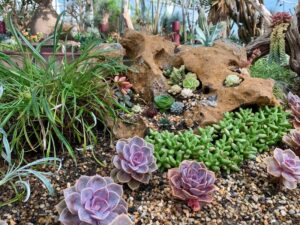
Harvesting and Upkeep
How and When to Harvest
Regular harvesting keeps your herb plants productive and bushy. Use clean scissors to snip stems. For plants like basil, cut just above a pair of leaves. This will encourage the plant to produce two new stems from that point. For woody herbs like thyme, trim the top few inches of new growth. As a general rule, never remove more than one-third of the plant at once. Harvest herbs in the morning. Their essential oils are most concentrated at this time, providing the best flavor.
Pest and Disease Management
Balcony gardens experience fewer pest problems than gardens in the ground. Still, you should inspect your plants often. Check the undersides of leaves for common pests like aphids or spider mites. A strong spray of water can often dislodge them. If pests persist, use an insecticidal soap spray. The most common disease is powdery mildew. Good air circulation from proper plant spacing is the best way to prevent it. If you find mildew, prune off the affected leaves to stop it from spreading.
Overwintering Your Herbs
Your winter plan depends on your climate. Use the USDA Plant Hardiness Zone Map to find your zone.
- Annuals: Herbs like basil, cilantro, and dill are annuals. They finish their life cycle in one season and must be replanted each spring.
- Tender Perennials: In colder climates (Zone 7 and below), herbs like rosemary might not survive winter outdoors. You can bring these plants inside and place them in a sunny window. Reduce watering while they are indoors.
- Hardy Perennials: Thyme, sage, and chives can often survive the winter in pots, even in cold zones. The pot offers less insulation than the ground. Move them to a sheltered spot next to the building. You can also wrap the pot in burlap to protect the roots from extreme cold.
Your balcony herb garden will change with the seasons. Observe your plants and adjust your care based on their needs. This attention will provide you with fresh flavors and a connection to your food.















